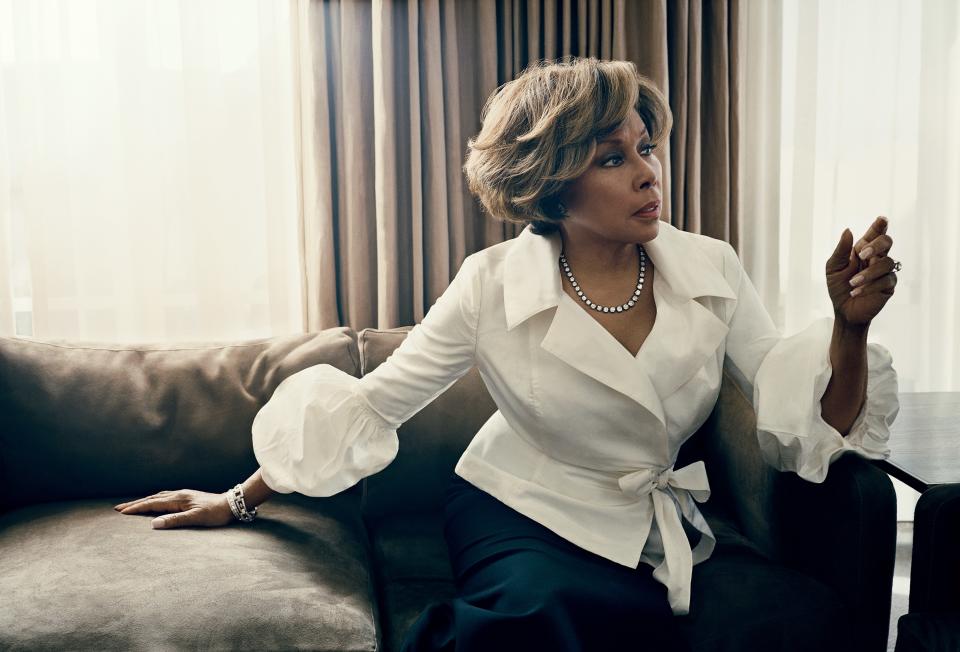Diahann Carroll, Groundbreaking Actress, Dies at 84
Before Diahann Carroll became the first African American woman with her own primetime television series, black actresses on television were invariably cast as domestic workers. Carroll, who passed away today in Los Angeles at the age of 84, starred in NBC’s Julia, portraying a single mother who was also an elegant professional woman. If the program was sometimes criticized as presenting a fairy-tale version of black life, it also meant that people all over the country could see a black woman starring on the small screen for the first time.
Julia ran from 1968 to 1971, and was a big hit; it won Carroll a Golden Globe. But the road had not been easy. “I’m living proof of the horror of discrimination,” the actor told a congressional hearing on racial discrimination in the entertainment field in 1962. “In eight years, I’ve had just two Broadway plays and two dramatic television shows. I’ve asked repeatedly why. Surely I’m not so difficult to include.”
Carroll was born in the Bronx in 1935. While still a teenager, she modeled and entered singing contests. She won Chance of a Lifetime, a television talent competition, for three weeks running, and the prize was a thousand dollars a week plus an engagement at the Latin Quarter, the Manhattan nightclub. (She later revealed that at the Latin Quarter she learned tips on how to be glamorous from another performer on the bill—Christine Jorgensen, an American transgender woman who was the first person to become known for having sex reassignment surgery.)
Carroll had a long and storied career in nightclubs, on Broadway, and in the movies, with roles in works that included Carmen Jones and Porgy and Bess. In 1962 she starred in Richard Rodgers’s Broadway musical No Strings, which was written for her. She won a Tony for her performance.

diahann_carroll-norman-jean-roy.jpg
Photographed by Norman Jean Roy, Vogue, August 2008But it wasn’t only serious parts that captured her imagination. To the delight of those too young to have seen Carroll in Julia, and to those who would never have an opportunity to watch her nightclub act or go to a Broadway show, Carroll, with her devastating, charismatic hauteur, could be seen having a ball in the 1980s camp-fest that was Dynasty. She played Dominique Deveraux—who happened to be the just-discovered half-sister of John Forsythe’s Blake Carrington, the old white dude who built the dynasty. “They’ve done everything [on the show],” she recalled in People magazine 1984. “They’ve done incest, homosexuality, murder. I think they’re slowly inching their way toward interracial. I want to be wealthy and ruthless…. I want to be the first black bitch on television.”
But of course, she was far more than that. She was enormously talented, strikingly beautiful, and her life and career were a testament to the ongoing struggle for recognition, for acceptance, for dignity, and of course, for work. “In the beginning, I found myself dealing with a show business dictated by male white supremacists and chauvinists. As a black female, I had to learn how to tap dance around the situation,” she once said. “I had to...find a way to present my point of view without being pushy or aggressive. In the old days, the only women I saw in this business were in makeup, hairdressing, and wardrobe departments. Now I’m surrounded by women executives, writers, directors, producers, and even women stagehands.”
Originally Appeared on Vogue

